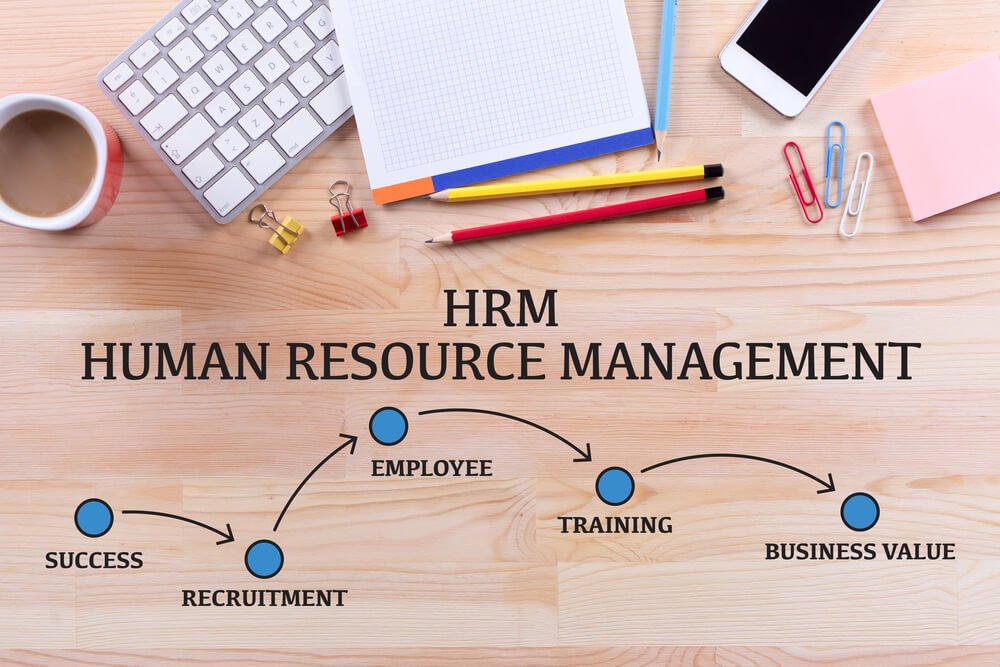
The Significance of Human Resource Management Courses in Securing HR Jobs
Human Resource Management (HRM) is a vital function in any organization, responsible for managing the most valuable asset: people. With the evolving dynamics of the modern workplace, the role of HR has expanded beyond hiring and payroll to encompass employee engagement, talent development, and strategic workforce planning. Consequently, pursuing a Human Resource Management course can be instrumental in securing a job in HR. In this blog, we’ll delve into why HRM courses are essential for those aspiring to thrive in the HR field.
1. Foundational Knowledge
HRM courses provide a solid foundation in HR principles and practices. They cover essential topics like recruitment, employee relations, compensation and benefits, legal compliance, and performance management. This foundational knowledge is fundamental for anyone looking to embark on an HR career.
2. Adaptation to Evolving Trends
The HR landscape is constantly evolving. HR professionals need to stay updated with the latest industry trends, regulations, and best practices. HRM courses are designed to keep students abreast of these changes, ensuring they are well-prepared for the challenges of the modern workplace.
3. Specialized Expertise
HRM courses often offer specialization options, allowing students to focus on specific areas such as talent acquisition, organizational development, or employee relations. Specialization enhances your skill set and makes you more attractive to employers looking for expertise in a particular HR domain.
4. Practical Skills
While theory is crucial, HRM courses also emphasize practical skills. You’ll gain hands-on experience in areas like conducting interviews, managing employee benefits, and resolving workplace conflicts. This practical exposure equips you with the skills needed to excel in real-world HR roles.
5. Networking Opportunities
HRM courses provide opportunities to network with industry professionals, professors, and fellow students. Building a strong professional network can be instrumental in finding job opportunities, accessing mentorship, and staying updated on HR trends and job openings.
6. Credibility and Certification
Completing an HRM course often leads to certification or a degree. These credentials carry weight with employers, demonstrating your commitment to the field and your readiness to take on HR responsibilities.
7. Compliance and Legal Knowledge
HR professionals need to navigate complex employment laws and regulations. HRM courses educate you on these legal aspects, reducing the risk of non-compliance and legal issues within your organization.
8. Strategic Thinking
Modern HR is not just about administrative tasks; it’s about strategic thinking. HRM courses emphasize the strategic role of HR in achieving organizational goals. You’ll learn how to align HR practices with the overall business strategy, making you a valuable asset to employers looking for HR professionals who can contribute to the company’s success.
9. Problem Solving and Decision-Making
HRM courses hone your problem-solving and decision-making skills, essential for handling employee issues, conflicts, and complex HR challenges effectively.
10. Global Perspective
In today’s interconnected world, many organizations have a global presence. HRM courses often incorporate a global perspective, teaching you how to manage a diverse and multicultural workforce.
In conclusion, enrolling in a Human Resource Management course is an investment in your future HR career. It equips you with the knowledge, skills, and credibility needed to secure HR jobs, excel in your role, and contribute significantly to your organization’s success. Whether you’re starting your HR journey or looking to advance your career, these courses provide the essential stepping stones toward a rewarding and impactful HR profession.


